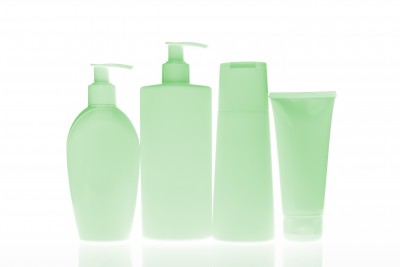FDA Untitled Letters: FDA Warnings with a Twist
FDA Claims, FDA Enforcement, FDA Warning Letters, Labeling, Marketing, Untitled Letters, Warning Letters
The U.S. Food and Drug Administration (“FDA”) has recently been issuing letters to companies that are distinct from traditional FDA Warning Letters. Referred to as FDA Untitled Letters, these letters must be taken seriously, as the terms of FDA Untitled Letters require the recipients to take immediate action once a letter has been issued. FDA Untitled Letters: Why It Matters? Many businesses may be well versed when it comes to handling FDA Warning Letters, but when it comes to FDA Untitled Letters recipients of Untitled Letters may not fully understand how to respond. Accordingly, there are a few things to…


